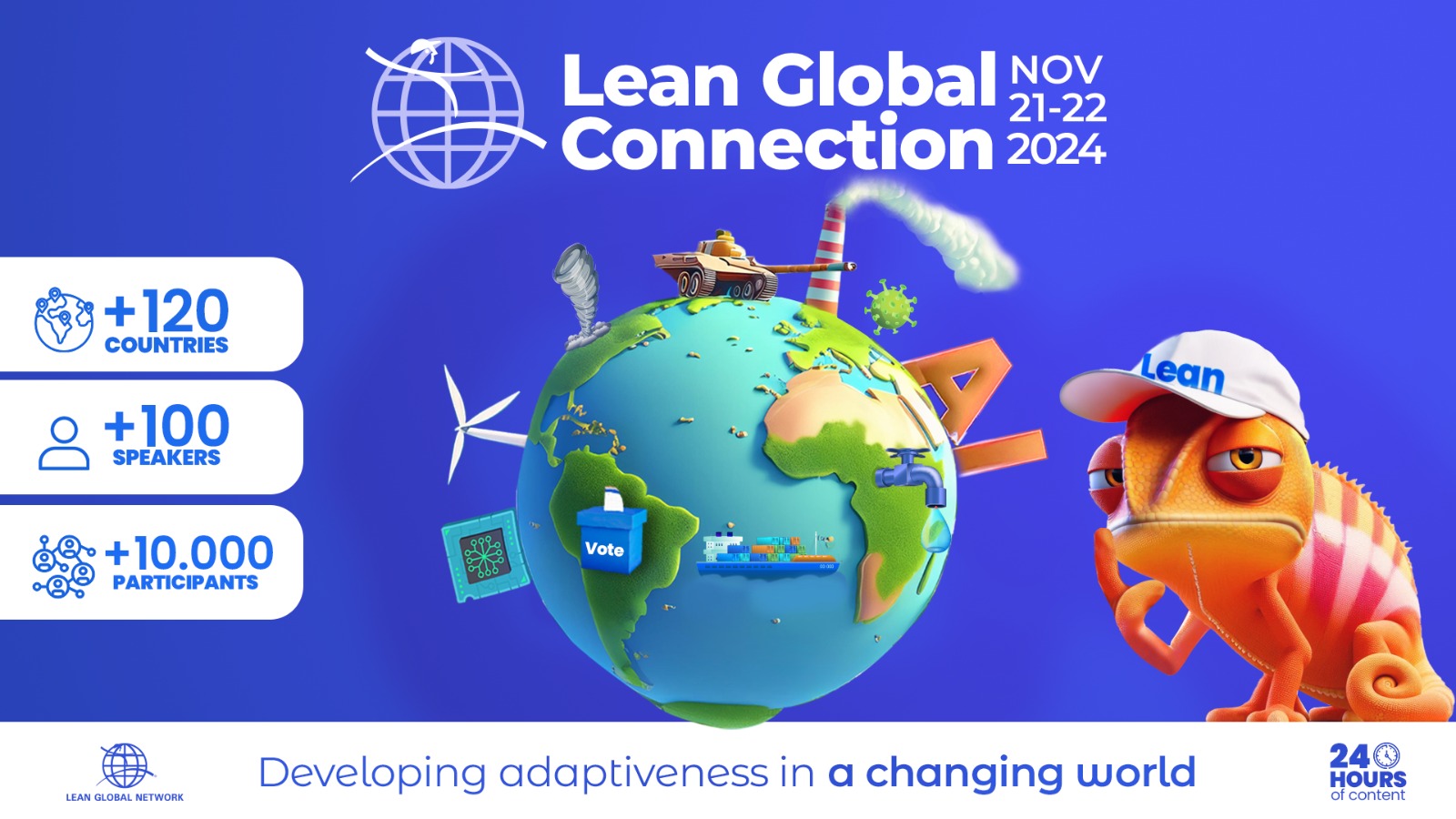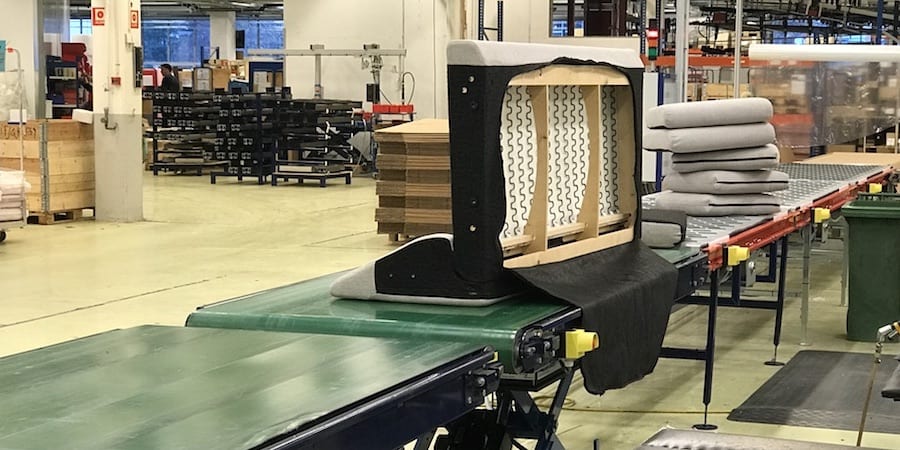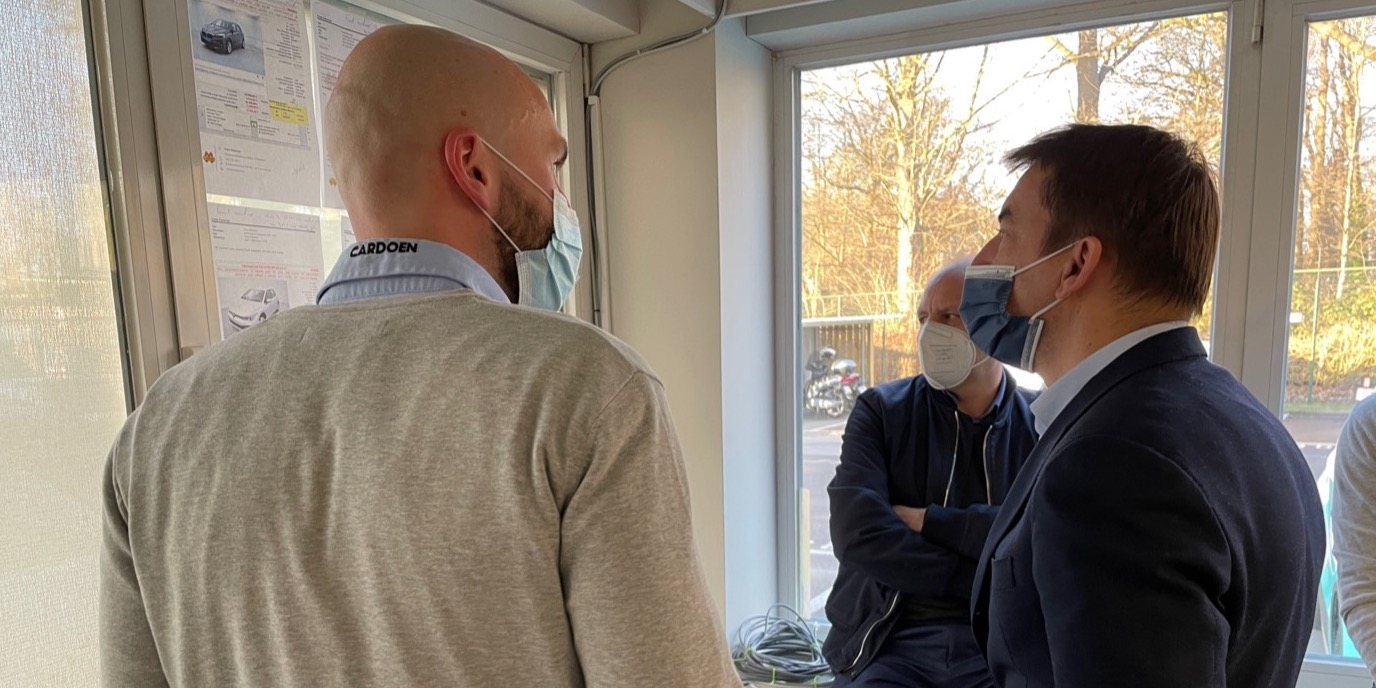
From silos to synergy
INTERVIEW – Ahead of the Lean Global Connection 2024, we hear from Kruk S.A. in Poland to learn how they leveraged “centres of excellence” to break down company silos.
Interviewees: Natalia Jażdżewska and Marta Maciejewska
Planet Lean: Can you please introduce Kruk S.A. to our audience?
Natalia Jażdżewska and Marta Maciejewska: KRUK S.A. is a leader in the debt management market in Poland, where it has been operating for over 25 years, recovering consumer and business debts. In 2011, KRUK debuted on the Warsaw Stock Exchange. Bonds issued by the company are listed on the Catalyst bond market in Poland. KRUK S.A. is part of the international KRUK Group, with operations also in Romania, the Czech Republic, Slovakia, Italy, Spain, and France. The Group consists of companies with capital links that offer a comprehensive, modern, and integrated package of services. It mainly deals with the collection of acquired debts, but also collects receivables on behalf of banks, telecommunications companies, insurers, and other external entities. Additionally, it also deals with the handling of corporate receivables. The KRUK Group employs around 3,000 employees and cooperates with the largest financial institutions in Europe. We are the largest debt collection company in the world among companies in our industry that are listed on global stock exchanges.
PL: How long has Kruk been on a lean journey and what were the key milestones?
NJ and MM: Our first experience with Lean in Poland was in 2015. We started by introducing Hoshin Kanri, supported in our first steps by Lean Enterprise Institute Polska. We started with one team from a law firm, who is dealing with receivables at the court and enforcement stage. The method they developed quickly became a company-wide practice. We see lean as an ongoing adventure, a continuous journey of improvement.
Since 2020, we have been nurturing the concept of Centres of Excellence, which develop our core competencies through practice. We are continuously improving our Hoshin Kanri standard and good practices in process analysis and problem solving. Currently, we are pioneering the integration of Lean and Agile methodologies, striving to implement agile changes that drive continuous improvement across the KRUK Group.
PL: Your presentation at the LGC will focus precisely on Centres of Excellence. What are they and how did they help your transformation?
NJ and MM: Centres of Excellence are our internal interdisciplinary teams. Each Centre of Excellence is a group of a dozen or more people, whose aim is to work for the benefit of the entire structure for which it is dedicated, in this case the Polish branch of Kruk. The members of each team come from different areas of the organization. Although each Centre is an informal team – not designated in the organization's structure – the objectives and directions they pursue are formalized and set by the teams’ sponsors and stakeholder group. Centres also form a cohesive approach to developing effective learning techniques, including through mentoring.
The Centres of Excellence support us in our lean transformation by enabling the transfer of lean, agile and digital strategic competencies between departments, and by creating company-wide standards, practices, tools methods, and techniques.
PL: What can attendees expect to learn from your session at the Lean Global Connection?
NJ and MM: We will show the benefits of the centres of excellence, which help us to break down silos and achieve synergies. We’ll explain why they are the foundation for building a learning organization. We will also discuss how, through mentoring, we effectively develop competences, including social ones.
Don't miss Natalia and Marta's presentation at the upcoming Lean Global Connection. Register for free here.

THE AUTHORS


Read more


VIDEO - Dan Jones was one of the keynote speakers at this year's Lean Summit in The Netherlands. Here's a 15-minute excerpt of his talk, with some great insights into the state of lean thinking.


INTERVIEW – During his recent visit to California, our editor sat down with a Senior VP from Turner Construction to discuss leadership transformation and the importance of diversity in the workplace.


FEATURE – The author shares a few lessons learned on his company’s journey to Industry/Quality 4.0, the foundation to 5.0 Artificial Intelligence.


FEATURE – Sometimes all you need to change minds is a successful experiment. This is how a Norwegian furniture manufacturer managed to transform the way it thinks about its sofa production.
Read more


FEATURE – Lean Thinking is about voluntary participation, not audits that are meant to ensure compliance. The authors explore the advantages of pursuing cooperation rather than control.


FEATURE – While at Starbucks, the author learned the importance of collaboration among the key functions of Operations, HR and Finance to advance a lean transformation.


FEATURE – In an excerpt from his new book, the author discusses the importance of building collaboration in your teams and explains why this is the only way to consistently deliver value.


FEATURE – Enabling its people to think autonomously about problems and fostering collaboration among departments is allowing a French company that makes and installs playgrounds to thrive.

